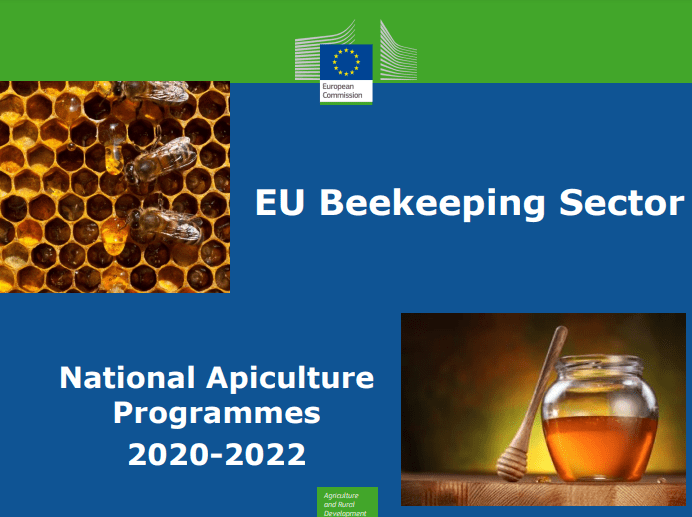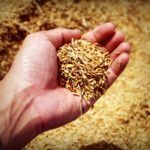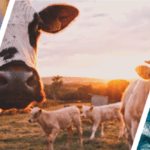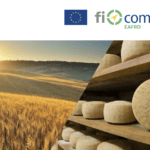Honeybee colonies are essential for agriculture and the environment. They ensure plant reproduction by pollination, whilst beekeeping contributes to the development of rural areas.
Beekeeping is practised in all EU countries and is characterised by diverse production conditions, yields and beekeeping practices. The EU is the second largest honey producer after China, but the EU is also a net importer of honey from third countries. EU countries with the largest honey production (Romania, Spain, Hungary, Germany, Italy, Greece, France and Poland) are mainly located in southern Europe, where climatic conditions are more favourable to beekeeping.
The EU produces a variety of apiculture products in addition to honey, including pollen, propolis, royal jelly and beeswax. All honey marketed in the EU must fulfil the rules on quality and labelling laid down in the Directive on honey (2001/110).
National apiculture programmes
Each EU country may draw up a national apiculture programme, which is supported by the EU. These programmes cover a three year period. Apiculture programmes for 2020-22 were approved by EU Implementing Decision 2019/974 in all EU countries.
Under the programmes, eight specific measures are eligible for funding:
- technical assistance, such as training for beekeepers and groups of beekeepers on topics such as breeding or disease prevention, extraction, storage, packaging of honey, etc.;
- combatting beehive invaders and diseases, particularly varroosis (varroa is an endemic parasite, which weakens bee immune systems and can lead to the loss of bee colonies);
- rationalisation of transhumance, through the provision of relevant information and materials;
- analyses of apiculture products, such as honey, royal jelly, propolis, pollen and beeswax;
- restocking of hives;
- applied research;
- market monitoring;
- enhancement of product quality with a view to exploiting the potential of apiculture products on the market.
Every third year the European Commission presents a report to the European Parliament and the European Council on the implementation of measures concerning the apiculture sector.

EU Beekeeping Sector – National Apiculture Programmes 2020-2022 |
Budget
For the apiculture years 2020-22, €240 million will be spent on national apiculture programmes in the EU, an increase of 11% compared to the funding available for 2017-19. Half of this will come from the EU budget and the other half from EU countries, as approved by EU Implementing Decision 2021/974. Allocation of EU funding for these programmes is based on the number of beehives in each EU country, notified to the Commission in accordance with Article 3 of EU Delegated Regulation 2015/1366.
More information: European Commission






Leave a Reply